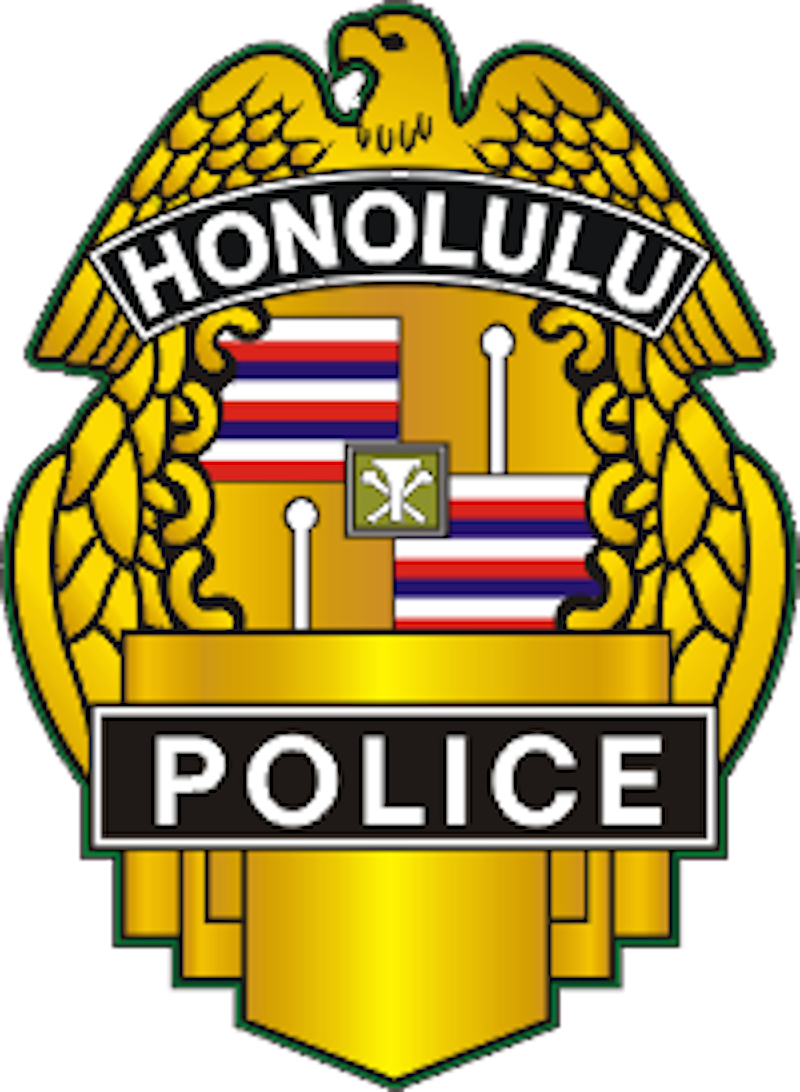Controlled informants are documented to ensure that their
information-gathering practices and utilization as subagents of
the department are consistent with applicable laws, policies, and
procedures.
DEFINITIONS
Confidential informant: A person known to police who is
willing to provide privileged information related to
criminal activity, but is generally unwilling to testify in
court or be publicly identified.
Controlled informant: A confidential informant who provides
useful and credible information to or acts as a willing
subagent for police in return for monetary compensation or
exceptional handling in a pending criminal action.
Controlled informants shall be documented by the appropriate
investigative unit.
Exceptional handling of a controlled informant: The
consideration of an individual deemed appropriate by the
police investigators, police administrators, and the
prosecuting attorney for minimizing judicial action in any
pending criminal case.
PROCEDURES FOR EMPLOYING CONTROLLED INFORMANTS
The following procedures shall be followed before employing
any person as a controlled informant.
A. Gather Information
1. Conduct a background investigation of the
potential informant, including a criminal history
check.
2. Identify any criminal or civil actions against the
informant.
4. Evaluate the credibility of the informant.
B. Contact the Supervising Lieutenant
When information gathering has been completed, the
investigator shall contact the supervising lieutenant
to detail the expectations of the informant and the
duration of the assignment. The supervising lieutenant
shall review the information.
1. If the supervising lieutenant denies the use of
the informant, the investigator shall notify the
informant that his or her services are not
required; or
2. If the supervising lieutenant approves the use of
the informant, the lieutenant and the investigator
shall meet with the commanding officer of the
element.
C. Meet With the Element Commander
The investigator and supervising lieutenant shall meet
with the element commander to present the information
gathered on the informant. The element commander shall
make the final decision whether or not to use the
informant.
1. If the element commander denies the use of the
informant, the investigator shall notify the
informant that his or her services are not
required; or
2. If the element commander approves the use of the
informant, the investigator shall immediately
complete documentation of the controlled
informant.
D. Payment Procedure
2. The investigator shall meet with the supervising
lieutenant and submit the justification for
payment of services and/or expenses. The
justification shall list the detailed expenses of
the informant.
3. If the supervising lieutenant approves the
investigator’s request, payment shall be made.
B. Maintenance of Folders
1. The investigator shall complete the forms required
to document the informant within 24 hours
a. Right Side of Folder
HPD-512 Confidential Informant Information
HPD-512A Confidential Informant
Questionnaire
HPD-512B Confidential Informant’s Special
Consent and Signature
HPD-512C Confidential Informant’s Case Load
HPD-512D Confidential Informant Contact
Report
HPD-512E Receipt of Money by Confidential
Informant
HPD-512F Exceptional Handling Report
HPD-512G Confidential Informant Audit
HPD-512H Confidential Informant Termination
Debriefing
b. Left Side of Folder
2. File Numbering
EXCEPTIONAL HANDLING OF A CONTROLLED INFORMANT
A. The investigator shall meet with the supervising
lieutenant and element commander to present the
justification for the exceptional handling of the
informant. If the commander approves the
investigator’s request, the investigator shall be
directed to the prosecuting attorney.
B. When meeting with the prosecuting attorney, the
investigator shall:
C. The investigator shall inform the element commander and
supervising lieutenant of the prosecuting attorney’s
decision.
1. Approval
If the prosecuting attorney approves the request,
the investigator shall complete the applicable
forms required in the informant file system within
72 hours.
2. Denial
If the prosecuting attorney denies the request,
the investigator shall notify the supervising
lieutenant and the element commander. The
investigator shall also notify the informant that
his or her services are not needed.
AUDIT OF CONTROLLED INFORMANTS
A. The supervising lieutenant shall conduct controlled,
informant audits, starting with the most active
informant. The audits may be conducted at random but
must be held at least once every six months. They may
be conducted more frequently, if necessary, and may be
conducted in the presence of the investigator if
circumstances dictate. The audit shall include (but
not be limited to) the following:
B. The supervising lieutenant shall submit the audit to
the element commander within five working days of the
date of the interview.
DEACTIVATION OR TERMINATION OF AN INFORMANT’S SERVICES
An informant may be deactivated or terminated when it is
determined by the investigator, supervising lieutenant, or
element commander that the informant’s services are no
longer needed.
B. The termination shall be submitted to the element
commander who shall place it in the folder.
